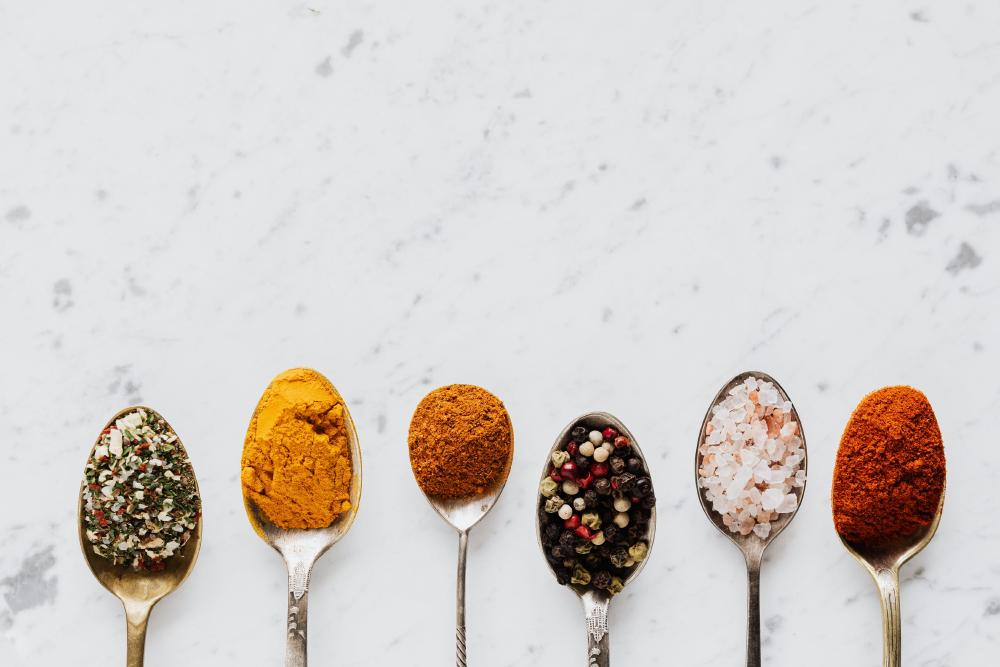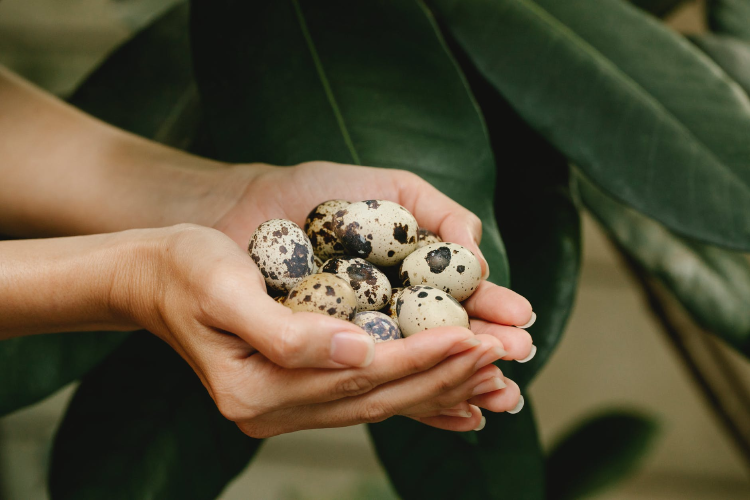
The first time I came across the terms "Paleo Diet", it was by mere chance. However, it totally caught my attention and ended up reading the whole article about it. I hope this article might do the same for you. We'll start to explore the world of Paleo Diet: What Can I eat? Are there any Risks? What does it consist of? What are the benefits and risks for your health? How do I start a Paleo Diet? So many questions to be answered. Let's get started, then.
The term "Paleo" comes from Paleolithic, aka Stone Age, a prehistoric period in our time in which humans were hunters and gatherers and consequently moved a lot in pursuit of food and shelter.
Although we can't speak with much certainty about the origins of the term Paleo diet - it might even be a term coined for another diet fad- but doctors and scientists agree on the basis of it: a Paleo diet proposes a diet based on the types of foods presumed to have been eaten by early humans: the hunters, the cavemen, the wanderers.
Now, one things is for certain: there is no possible way we can know for sure what our ancestors ate and there are no scientific basis that can back this up. But there's no doubt that what Paleo diets consist of is worth checking.

In its more literal sense, the Paleo diet is restricted to foods eaten by our ancestors that first walk Planet Earth approximately 2.5 million years ago. But as location or availability of natural resources obviously determined the type of diet that are our Paleolithic ancestors had, we consequently have nowadays different "versions", so to speak, of Paleo diets.
What do proponents of this diet say to support it? They blame our modern way of living and eating for most of the most common nowadays health conditions: obesity, heart disease, and diabetes, just to mention a few. Hyper processed foods, full of sugar and fat and a complete lack of physical activity, they say are responsible for our general poor health conditions. Their proposed solution? Cut off from your diet all type of "modern junk foods" and go back to the way our ancestors hunters and gatherers ate and moved.
The idea of including physical activity - whether cardio, muscular or aerobic- is key to any kind of dietary program. But it's particularly key in the Paleo diet because of what we said before: our ancestors were wanderers and nomads. They moved from place to place in search for food and housing.
So to even start thinking about a type of diet like this one, bare in mind that leaving behind a sedentary life is almost mandatory. To start a Paleo diet plan then, necessarily implies cutting off ultra processed food along with a good amount of physical activity. In short, it implies going back to a away of life that was more natural and active.
A very important aspect to consider for the viability of a Paleo diet in these days is what its defenders cannot emphasize enough: it's not as much about what you eat but about how that food was produced. Watch this video for further explanation on this. But keep it very much in mind for what you are about to read next.
A Paleo diet will be advantageous for your health since you''ll be pruning mostly high-sugar, high-fat, empty-calories, processed foods that have an awfully poor nutritional contribution. Just to say a few: sodas, sweets, snacks, junk food, etc. The Paleo diet eating plan stresses the requirement of consuming more fruits and veggies, instead, so you'll give your body more vitamins, more minerals and more fiber, which is extremely beneficial if you're trying to slenderize.
If you have an unbalanced diet, it's more likely that you have some type of problems along with your weight. What usually happens is that we put on weight due to the amount of unnecessary sugar, fat and empty calories that we daily intake, plus no physical activity, just sedentary habits. Well, if this is your case, by adopting the Paleo diet style of eating you''ll be losing some pounds very naturally. Any time you restrict an entire food group, you take less calories, which curbs your weight.
But the proposal of any Paleo diet is not merely losing weight but also having a more harmonious relationship with your body by basically taking care of it in what you choose to eat and also the activities that you simply favor to do. The focus is more on the nutritional value of the food than on the amount of calories you intake, as it is the case in just any regular dietary program.
If you begin consuming less branded food and you begin making more natural choices you will be providing your body with a large kind of nutrients: proteins, calcium, fiber, vitamins and at the same time you will be restoring some sort of natural balance and a more evident overall sense of wellbeing.
In this sense, a Paleo diet will surely reduce the danger of getting any of the sadly infamous chronic diseases connected to poor nutrition: obesity and overweight, Type 2 diabetes, cardiovascular disease and stroke, cancer and deficits in brain function.

Last but not least, a Paleo diet has the benefit that actually any type of meal plan has: move your body, in case you have a very sedentary life with no physical activity at all. Physical health and physical activity are proved to be tightly connected, and there's no exception here. We may conclude with certain accuracy then that if our ancestors from the Stone Age followed a whole-based diet and had significantly active lives (they were nomads, remember?) they surely had much lower rates of lifestyle diseases, like obesity, diabetes and heart disease. Isn't that so?
Check this post: Plant-based Food. What are its benefits and what recipes can I cook?
Well, another fact here: whenever you make a decision such as changing your eating habits, please consult your doctor first and do not disregard scientific data. We are very much in favor of you making informed choices!
Some research suggests that Paleo diets are not yet fully advisable since the improvements in some risk factors for chronic diseases are mostly short term compared to diets used as controls.
Actually, many scientists have expressed their concern about Paleo diets. They say that we are not yet ready and fully backed with evidence to speak of long-term health benefits.
They mainly argue that empirical results are not yet sufficient to conclude or show "any important clinical effect" and they call for more caution in the recommendations made to the general public from the scientific community.
Well then, if you have decided to give a Paleo style to your diet, we'll now provide you with a good deal of information on what to include in a meal plan.
On any style of Paleo diet, as we said, you will have to cut down on processed foods, but you’ll also need to avoid all cereals, legumes, and most dairy products. Let's check in more detail what you should include and what you shouldn't.

Please, avoid these foods and ingredients:
Tip: if it looks branded, don't put it in your mouth!

Well, let's recap a little bit of information. The basis of any type of Paleo diet, then, is to set aside all types of processed and industrialized food, which is based on the idea of returning to the old manners of our hunters, gatherers and wanderers ancestors. Not an easy task, but definitely worth looking into it. Why? Because this will bring about many benefits.
You can eat all kind of meat, fruits and veggies, especially because they will contribute you with the most essential nutrients. Bear in mind though, that just as is the case of any diet plan, you should go check with your doctor first. We said in here that there is no consensus among the scientific community as regards the long-term benefits that a Paleo diet may have.
Do not forget to move your body either! Whether you are going fully Paleo or not, having an active life and less sedentary habits is always always very good for your health.
What say you? Are you ready for a change? I bet you are well equipped now for making a wise decision. Good luck!
You may be interested at: Benefits of a Plant Based Diet